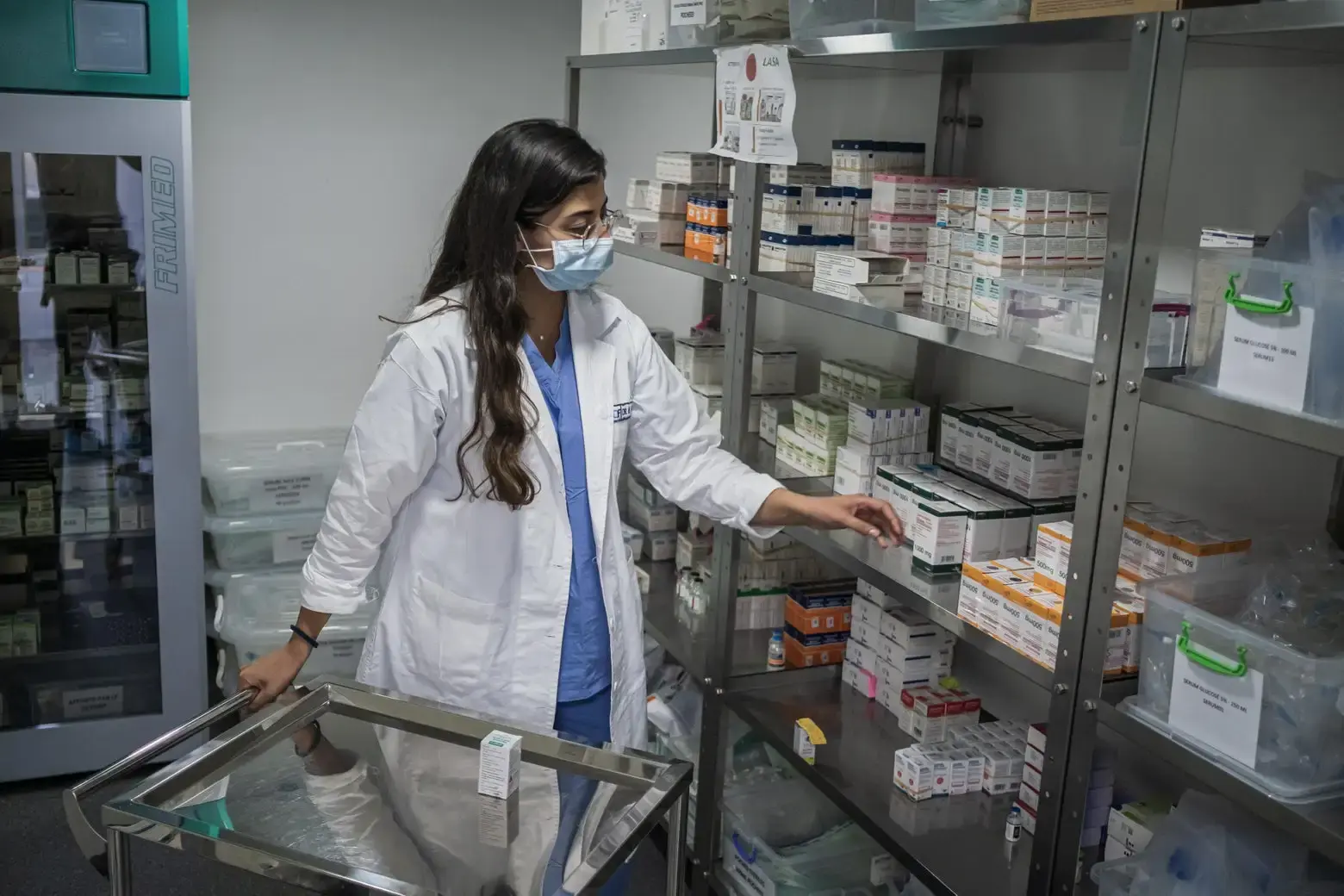

Biden literally circumvented congress twice to give Israel more weapons, using an unusual method that is not standard practice. He did not have to do this. No matter what comes out of his mouth, his actions put the lie to it.
I do agree the Republicans would probably be even worse, while simultaneously dropping the much needed Ukraine aid too. But Biden ain’t tapping any breaks.









So, I’m going to ignore more recent, much smaller instances of surprise to talk about The Darkness Outside Us by Eliot Schrefer., which ran me the fuck over with surprise in 2022-ish.
This book is marketed as gay YA romance. The cover, the blurb, everything makes it look like a light romance novel set in space, with maybe some space plot to go with the romance.
IT IS NOT THAT.
It’s a mindfucky, philosophical, emotionally wringing rollercoaster of a scifi horror/thriller. Think 2001: A Space Odyssey or Interstellar. It’s got that same sort of “small humans isolated in the sheer, terrifying vastness of space” vibe. But more horror, more tragedy, and sometimes incredibly upsetting.
There is gay romance there too, and it’s an important part of the book (in the way that romance can be important in any literature without that making it romance genre per se), but advertising this book as straightforwardly gay romance is like advertising Interstellar as a family man movie while just ignoring all the epic space shots and the dramatic score and so on. It just boggles the mind that they did this.
Anyway, this book does have some flaws I can nitpick on a technical level in retrospect, but the thing is: I just don’t care about them. This book wrung me out and haunted me for weeks after reading it (like, it kept popping into my head in the middle of doing completely unrelated things), yet it also left me feeling hopeful and more at peace with the inevitability of death.
I thought it was just gonna be a fun romance to escape into for a bit, and instead it’s one of the few novels that has genuinely changed the way I see real life in a noticeable way. I still think about it sometimes, now over a year later. It’s one of the best scifi books I’ve read in recent memory, along with the likes of the Murderbot books by Martha Wells and Exhalation by Ted Chiang (though these three are all very different than one another, and they are among my favorites for different reasons).
Going on like this about a book of course runs the risk that anyone who takes this recommendation and doesn’t like it as much as I did might feel disappointed and over-hyped, but a) I can at least promise I mean all of this earnestly and b) it seems hard to get anyone to read a book advertised as gay YA romance unless they are already people who would be down for reading some gay YA romance.
The thought that this book may eventually end up lost to time because of its marketing pains me. Although I guess I can imagine why they did it, even though it’s inaccurate for the contents; the queer YA romance readership is huge and this book seems to have done well with them, even though the goodreads reviews are as a result amusingly chock full of accounts like mine here.
Anyway, this book was very surprising.